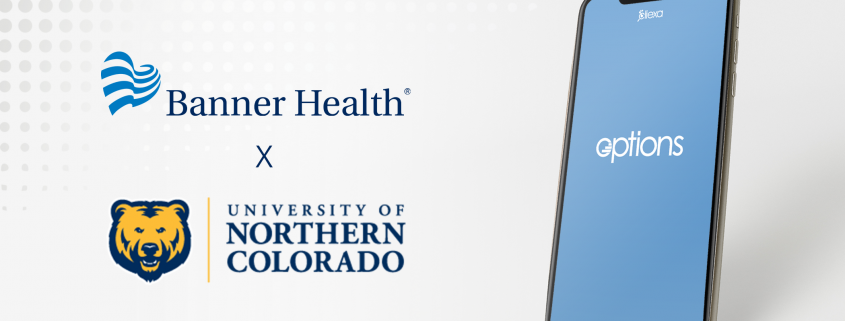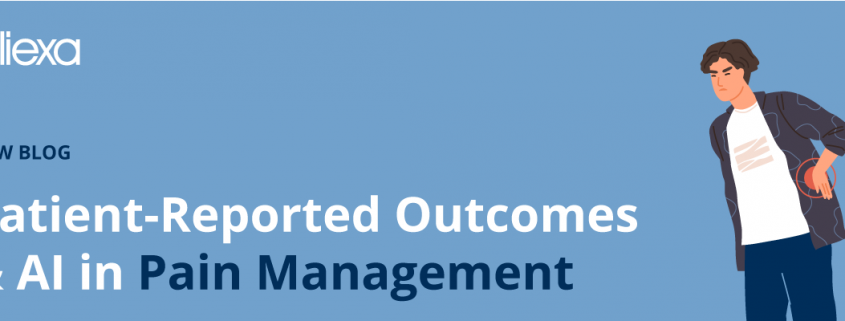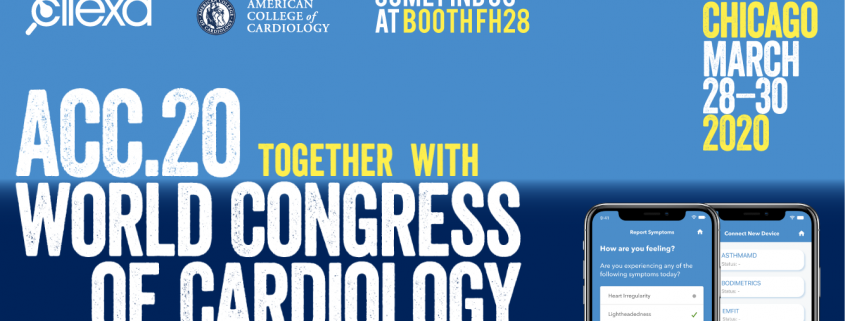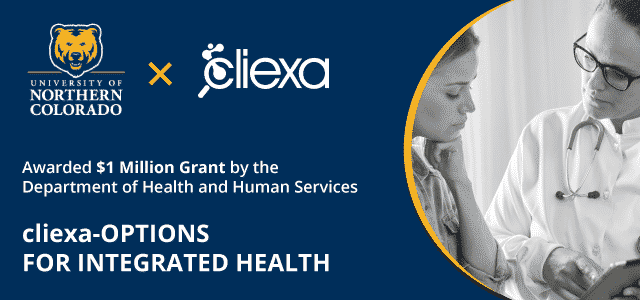Banner Health Launches cliexa’s Adolescent Resiliency Screening Platform: cliexa-OPTIONS
Greeley, CO: cliexa today announces a new partnership with Banner Health’s North Colorado Family Medicine. This partnership supports a proof of concept study with cliexa’s adolescent resiliency digital health screening tool called cliexa-OPTIONS.
The study, which began on September 28, 2020 is sponsored by Dr. Michael Bradfield at Banner’s North Colorado Family Medicine, includes an independent evaluation team from the University of Northern Colorado. Dr. William Merchant from Applied Statistics and Research Methods, and Dr. Stephen Wright from the Applied Psychology and Counselor Education Program.
Doctoral students have been implementing cliexa-OPTIONS digital health screening at the Psychological Counseling Clinic since last year.
“I find this tool is a valuable component to facilitating the process of reaching the client where they are developmentally. While working with youth requires integrated care and an interdisciplinary approach, the cliexa platform allows for a common and universal language to be used by all healthcare providers with the same mission of lowering sexual risk, empowering adolescents and young adults to make real behavioral changes, and increasing awareness of services that can be provided to them for additional support,” says Kaitlin Dent, a Doctoral student from the Applied Psychology and Counselor Education Program at UNC. “Clients feel safer, disclosing more personal and relevant information about their mental health, sexual activity, and overall well-being.“
The benefits of this new partnership include:
- Implementation of the latest recommendations from the U.S. Preventive Services Task Force for adolescent behavioral health.
- Integrated care support to family physicians working with adolescent patients at Northern Colorado Family Medicine.
- Evaluating the quad aims, including cost-benefit, physician and patient satisfaction, and improving outcomes using digital screening tools that support primary care clinics.
“We are excited to support Banner Health’s North Colorado Family Medicine. This proof of concept study is important for moving adolescent behavioral health and resiliency forward for primary care clinics,” says Mehmet Kazgan, CEO at cliexa.
About cliexa: cliexa is an end-to-end integrated virtual health platform that enables custom patient onboarding and remote patient monitoring, supporting multiple subspecialties including, pain, mental health, cardiology, adolescent behavioral health, podiatry, gastroenterology, and endocrinology. Learn more at cliexa.com.
About Banner North Colorado Family Medicine: is a cornerstone for family medicine health promotion, disease prevention, and chronic illness management for family members of all ages. Their team of ten physicians supports patients with their wellness and chronic care management. The clinic is located at 1600 23rd Ave Greeley, CO 80634, and includes a vibrant Family Medicine Residency Program. Learn more: Banner North Colorado






